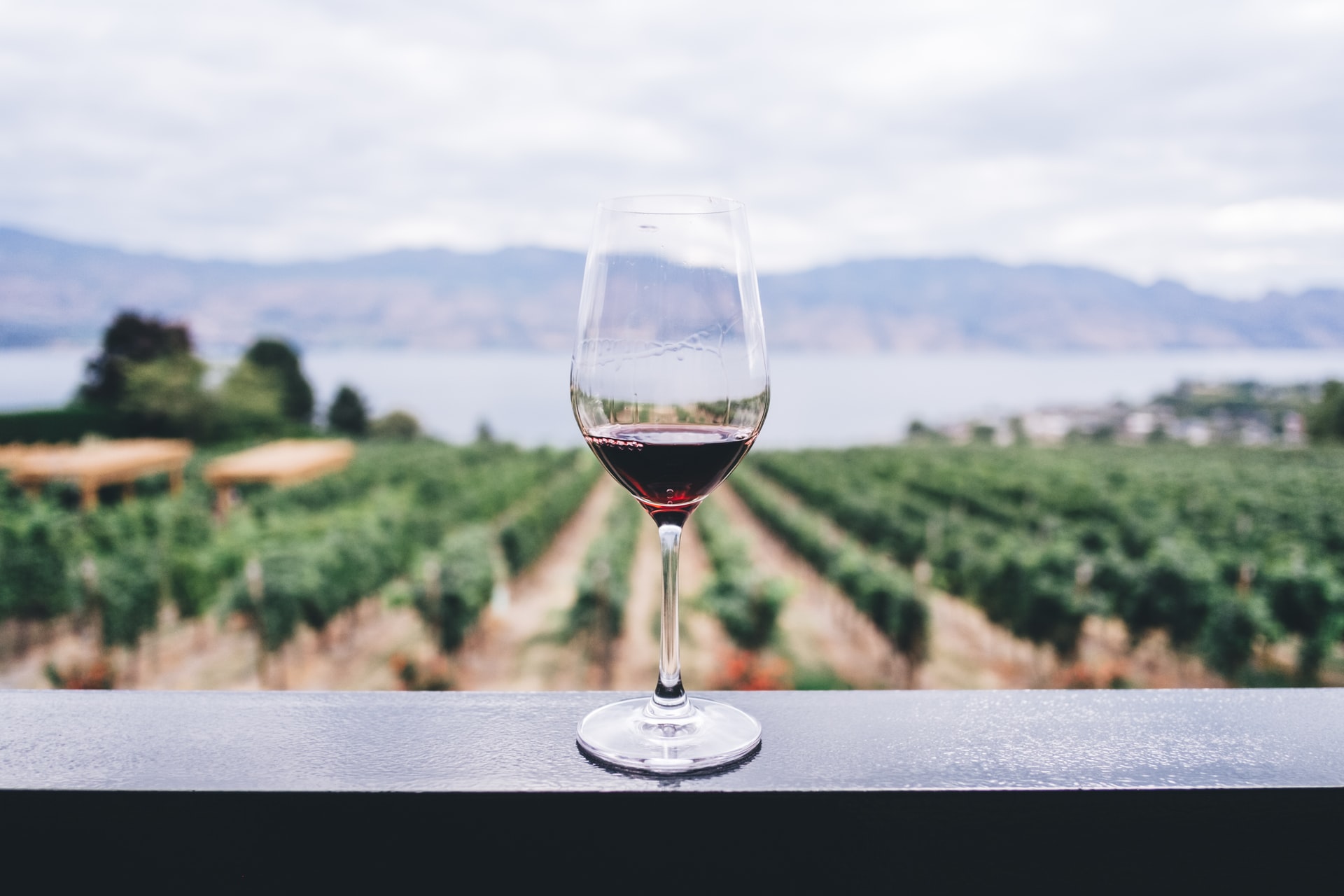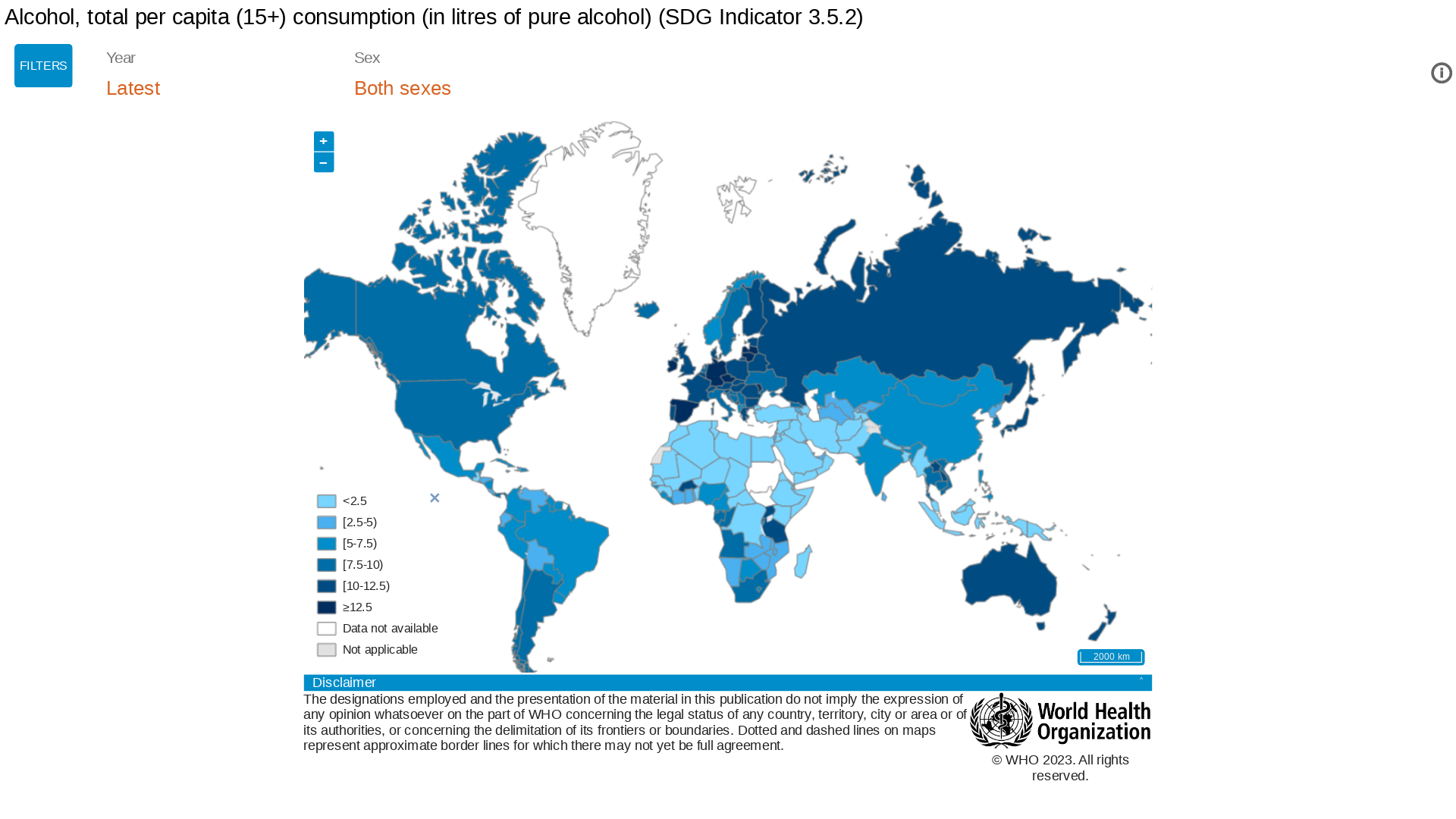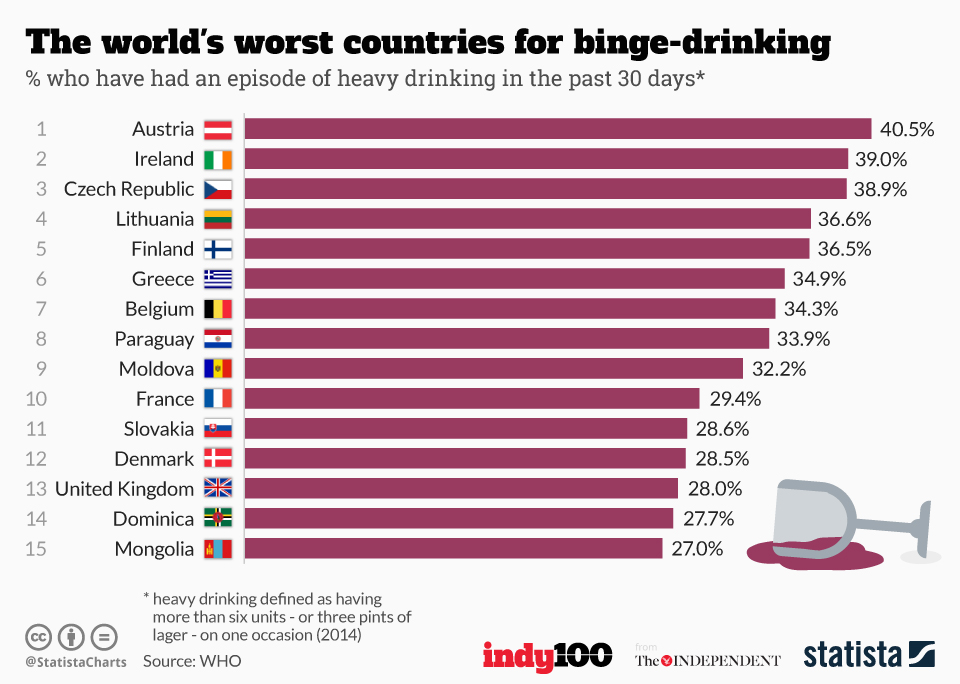Who wants to ban wine in Europe

Ireland has obtained from the European Commission the authorization to apply a label on alcohol like those on cigarettes, but here are all the problems that derive from this decision. Facts, numbers and comments
After theNutriscore traffic light label, the health enthusiasts of the European Union are back in the fray with another battle: the one against wine. Ireland was the forerunner, which in order to combat the problem of alcoholism in the country, had proposed to apply a health warning (ie an alert) on bottles of wine, as happens for cigarettes.
The rule, decided by Dublin and notified in June in Brussels, only had to wait for the expiry of the moratorium, which reached the end of December 2022, to be able to be applied by the national authorities. But in addition to concern (not only in Italy) for the repercussions that this decision could have on the economy and, in particular, on exports, politicians, entrepreneurs and farmers denounce the silent assent by the European Commission which creates a dangerous precedent and puts in doubt founding principles of the EU such as the common market.
Furthermore, even science seems to have been sidelined in the decision to ban wine. In fact, there are more and more studies showing that its moderate consumption does not harm health, but can have positive effects.
WHY IRELAND IS BANNING WINE
Ireland, with the approval of the European Union, will therefore be able to apply a label to alcohol with the words "alcohol consumption causes liver disease" or "alcohol and fatal cancers are directly linked".
The battle carried out by Dublin can be explained as a move to solve the problem of alcoholism since, also according to data from the World Health Organization (WHO), Ireland is among the countries that consume the most alcohol not only in Europe but also in the world.

Among the opponents, together with Italy, there are also two of the main wine producing countries in Europe, France and Spain, and 6 other states.
DATA ON ALCOHOLISM IN IRELAND
Per capita consumption of pure alcohol among those aged 15+ was 10.07 liters in 2020, which equates to just under 40 bottles of vodka, 113 bottles of wine or 436 pints, according to data from Alcohol Action Ireland . of beer and exceeds the level of consumption indicated by the guidelines of the government agency Health Service Executive (HSE) by 40%.
One aspect, however, which the regulation does not take into account, but which the HSE specifies, is the way people drink in Ireland. In fact, a 2019-2020 National Drug and Alcohol Survey found that 40% of heavy drinkers consume alcohol at least once a month and nearly a quarter do so every week, while an alcohol use disorder was found in 14.8% of the population, i.e. in 1 in 7 people.
In the country, alcohol is responsible for more than 1,000 deaths a year.
NO TO BINGE DRINKING, YES TO MODERATE CONSUMPTION
But binge drinking , i.e. the intake of various alcoholic beverages in a more or less short period of time, a phenomenon for which Ireland was second in the world in 2016 (only after Austria), is not the same thing as drinking responsibly.

“It is completely improper to assimilate the excessive consumption of spirits typical of the Nordic countries to the moderate and conscious consumption of quality products with lower alcohol content such as beer and wine, which in Italy have become the emblem of a lifestyle attentive to 'psycho-physical balance, to be opposed to the unregulated intake of alcohol”, said Ettore Prandini, president of Coldiretti.
The president of Federvini , Micaela Pallini, shares the same opinion: "A unilateral system that divides the single European market, a discriminatory method because it does not distinguish between abuse and consumption and criminalizes products of our Mediterranean civilization without bringing measurable and effective benefits in the fight against irresponsible consumption".
Among other things, according to a study by the Italian Wine Union (UIV) cited by Sole24Ore , in the last decade per capita alcohol consumption has undergone an average annual decrease of 3.2% in Italy, 1.8% in the UK, 1.4% in France and the Netherlands and 1% in Germany.
THE ECONOMIC DAMAGE…
Although not the only negative consequence of the Dublin decision, one cannot fail to consider the economic damage that could derive from it. Although Ireland per se is not among the main importers of Italian wine, it is a precedent that puts at risk an entire sector which in our country, according to Coldiretti , employs 1.3 million people and is responsible of a turnover of 14 billion euros, of which more than half come from abroad and 3 billion from exports to EU countries.
But the repercussions, according to the association, could also be felt at home. An online survey by them has in fact shown that 23% of Italians would stop drinking wine or would consume less if they found alarmist writings such as those on cigarettes on the label.
…AND THE POLITICAL ONE
However, Prandini also wanted to underline the impact of the 'terrorist' label from a political point of view: "The most regrettable thing is that individual states are given the possibility to move independently".
To which the president of UIV, Lamberto Frescobaldi echoed: “The silent assent of Brussels in Dublin relating to the health warnings on the label for alcohol represents a dangerous leap forward by a member country. According to Uiv, the European Commission's failure to intervene jeopardizes the principle of free movement of goods within the Community and sets an extremely dangerous precedent in terms of labeling alarmist messages on wine consumption”.
Paolo De Castro , a member of the European Parliament's Agriculture and Rural Development Commission, also observed both the difficulties in which producers are placed, who "would find themselves having to comply with different labeling rules from one EU country to another" and the indifference from part of the EU Commission, which has not in the least taken into consideration "the position approved by a very large majority by the EU Parliament which, in the resolution on the fight against cancer last February, categorically excluded the introduction of health labeling systems, such as those found on cigarette packets.
However, the last word has not yet been said for the MEP: "Fortunately, the green light is not definitive: now Ireland will also have to be authorized by the World Trade Organization, as this legislation also represents a barrier at an international level . A process that involves a duration of about 60 days”.
This is a machine translation from Italian language of a post published on Start Magazine at the URL https://www.startmag.it/sanita/chi-vuole-bandire-il-vino-in-europa/ on Thu, 12 Jan 2023 10:56:35 +0000.
